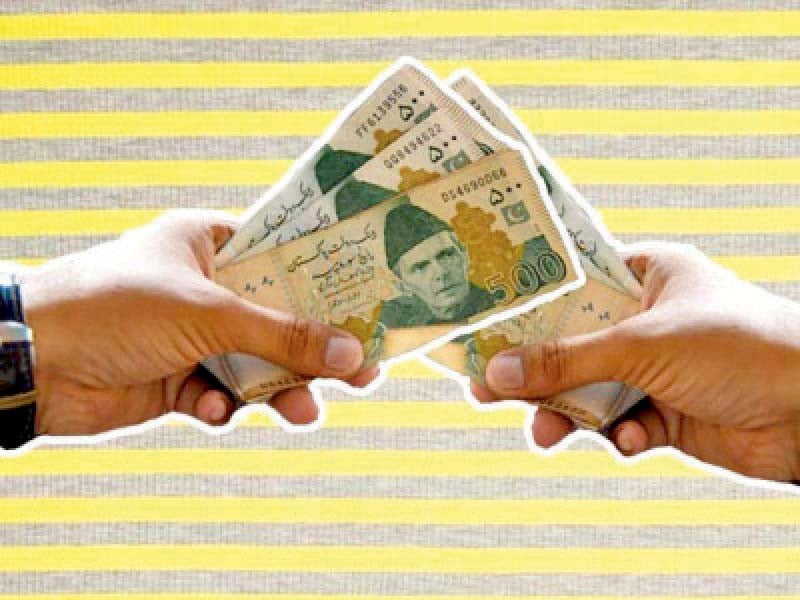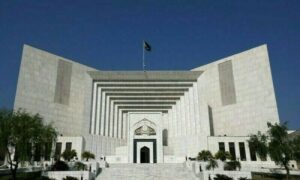Despite the slowdown, the inflation rate still remained elevated in double digits close to 30%.
According to the Pakistan Bureau of Statistics (PBS) and local research houses, the weekly inflation slowed down to the seven-month low at 28.54% after hitting an eight-month high at 44.6% in January 2024.
The PBS data coincided with State Bank of Pakistan (SBP) Governor Jameel Ahmad’s remarks during talks with investors in Washington on Thursday that the deceleration in Pakistan’s inflation was broad-based, reflecting the combined impact of monetary tightening and fiscal consolidation.
The lower weekly inflation, measured by the Sensitive Price Indicator (SPI), was fuelled by a drop of 35.20% in banana prices that reached Rs163.59 per dozen compared to the same week of last year.
It was supplemented by a 20.91% fall in cooking oil prices to Rs2,627.14 for a five-litre pack. Vegetable ghee got cheaper by 17.65% to Rs1,280.37 for 2.5 kg. The vegetable ghee’s per-kg price decreased 17.61% to Rs497.64.
Mustard oil prices dipped 13.83% to Rs499.14 per kg in the week under review compared to the corresponding week of last year.
Prices of wheat flour, liquefied petroleum gas, eggs and diesel dropped in the range of 0.85% to 11.05% compared to the same week of the previous year.
However, prices of many food and energy items rose in the range of 26.39% to 570% including gas charges for Q1, onion, tomato, chilli powder, gents sandal, garlic, gents sponge chappal, salt powder, chicken, energy savers, gur and mash pulse.
Data for the SPI, which comprises 51 essential items, is gathered from 50 markets in 17 cities of the country.
PBS reported that the weekly inflation decreased 0.79% when compared with the reading recorded in the previous week.
During the week ended on April 18, out of 51 items, prices of 22 (43.14%) items increased, 11 (21.57%) items decreased and 18 (35.29%) items remained unchanged compared to the previous week.
The SBP governor, who was in Washington along with Finance Minister Muhammad Aurangzeb for talks on the next International Monetary Fund (IMF) loan programme, said the benchmark monthly inflation measured by the Consumer Price Index (CPI) had decelerated sharply and reached a two-year low of 20.7% in March 2024 from a peak of 38% in May 2023.
Other factors contributing to the slowdown included the easing of restrictions on imports, an improved agricultural output and a more favourable base effect.
The IMF estimated recently that inflation in Pakistan would slow down to 24.8% in the ongoing fiscal year compared to 29.2% in the previous year. It also projected that the rate would fall to 12.7% in the next fiscal year.
Earlier, the central bank revised up its inflation projection, expecting it in the range of 23-25% in the current fiscal year after the government massively increased gas prices in November 2023. Previously, the bank had projected in July 2023 that inflation would range from 20% to 22%.









